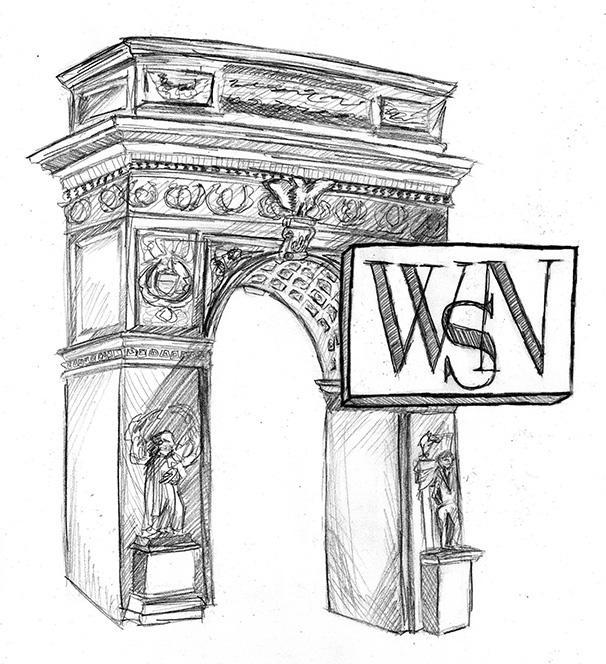Collegiate Freedom of the Press Is a Pressing Issue
December 5, 2016
The University of Kentucky and its campus newspaper, the Kentucky Kernel, have been entrenched in a legal battle after the paper published documents exposing a professor who had sexually assaulted numerous students. This lawsuit has once again raised questions regarding whether or not student publications at public and private universities should be extended free press protections. Student journalists at private universities are not necessarily protected by the First Amendment, and often have to rely on the openness and respect of the administration. Stifling genuine reporting at any university — public or private — sets a troubling example.
With the influence of professional news organizations waning, the importance of student publications as an independent and objective news outlets is ever more pertinent — a student newspaper is the voice of a student body. When they are unable to report on issues due to college censorship, they cannot properly represent the university’s community. Independent student-run newspapers need to have autonomy to report on breaking stories, even if they do not present the university in a positive light. It is unjust for administrators to skew what is reported in college media, as student bodies deserve to know what is happening on their campuses.
Obviously, college administrations want to protect the reputation and integrity of their institutions. However, by repressing the rights of campus newspapers, colleges are only damaging their reputations further by covering up scandals instead of working to solve them. Private universities shouldn’t use their status to manhandle college media, as doing so runs contrary to a university’s mission: to inspire students to learn. Denying student journalists valuable reporting experience during their college years robs them of the necessary skills to prepare for their future careers. Similar to how national news organizations hold the government accountable, student reporters should have the ability to check the power of faculty, administrators and their institutions as well. Without these campus organizations, college communities — NYU’s, for example, is 50,000 strong — do not have a dedicated source of independent and relevant information.
Freedom of the press is not a right that is merely restricted to the so-called real newspapers. It is a protection allotted to journalists of all sorts, including student reporters. Although critics are quick to dismiss college newspapers, they are often the first to report relevant university-related stories that are later covered by major news publications. In order for stories like these to continue to exist, collegiate newspapers must be given the same freedoms as their professional counterparts. By stepping on the rights of publications such as the Kentucky Kernel, university administrators have begun to set a dangerous precedent, one that should deeply disturb all journalists — students or not.
A version of this article appeared in the Monday, December 5th print edition. Email the Editorial Board at [email protected].
























































































































































